10 Best Herbal Juices For Low Sperm Count
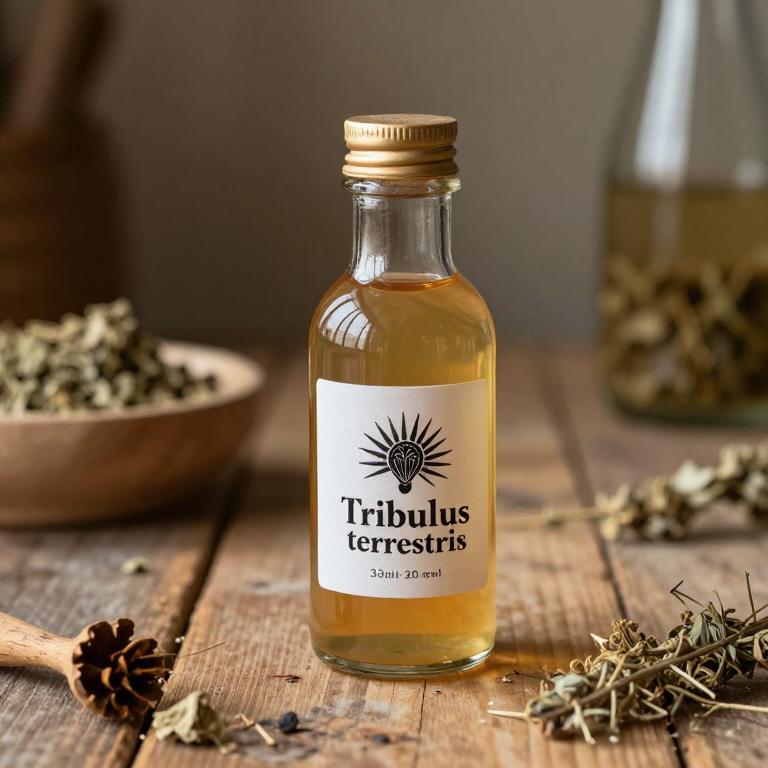
Herbal juices have gained attention as natural remedies for improving low sperm count due to their potential to enhance reproductive health.
Certain herbs like ashwagandha, ginseng, and fenugreek are believed to support testosterone production and sperm quality. These juices often contain antioxidants and nutrients that can reduce oxidative stress, a common factor in infertility. By incorporating these herbal blends into a balanced diet, men may experience improved sperm motility and concentration.
However, it is important to consult with a healthcare professional before starting any herbal treatment to ensure safety and effectiveness.
Table of Contents
- 1. Puncture vine (Tribulus terrestris)
- 2. Thistle (Silybum marianum)
- 3. Turmeric (Curcuma longa)
- 4. Tongkat ali (Eurycoma longifolia)
- 5. Ginger (Zingiber officinale)
- 6. Velvet bean (Mucuna pruriens)
- 7. Chaste tree (Vitex agnus-castus)
- 8. Barrenwort (Epimedium grandiflorum)
- 9. Moringa tree (Moringa oleifera)
- 10. Fennel (Foeniculum vulgare)
1. Puncture vine (Tribulus terrestris)

Tribulus terrestris, commonly known as puncture vine, is a herbal supplement often used to support reproductive health.
Some studies suggest that Tribulus terrestris may help increase testosterone levels, which could potentially improve sperm count and quality in men with low sperm count. The active compounds in Tribulus terrestris, such as saponins, are believed to support hormonal balance and enhance libido. While anecdotal evidence and some preliminary research show promise, more rigorous clinical trials are needed to confirm its efficacy for low sperm count.
As with any supplement, it is important to consult a healthcare professional before using Tribulus terrestris, especially for men with underlying health conditions or those taking other medications.
2. Thistle (Silybum marianum)

Silybum marianum, commonly known as milk thistle, is a herbal remedy often used to support liver health and has been explored for its potential benefits in improving sperm count and quality.
The active compound, silymarin, is believed to have antioxidant and anti-inflammatory properties that may protect sperm cells from oxidative stress and enhance reproductive function. Some studies suggest that silybum marianum may help increase sperm count by improving testicular function and reducing damage caused by toxins. However, more research is needed to fully understand its efficacy and optimal dosage for treating low sperm count.
It is often recommended to consult a healthcare professional before using milk thistle as a supplement, especially for individuals with existing health conditions or those taking medications.
3. Turmeric (Curcuma longa)

Curcuma longa, commonly known as turmeric, contains curcumin, a powerful antioxidant and anti-inflammatory compound that may support reproductive health.
Some studies suggest that curcumin can improve sperm quality by reducing oxidative stress and enhancing testosterone levels, which are crucial for sperm production. When consumed as a herbal juice, curcuma longa may offer a natural and holistic approach to addressing low sperm count. However, it is important to consult with a healthcare provider before using turmeric juice as a treatment, as it may interact with certain medications or conditions.
Overall, while turmeric juice shows promise, it should be part of a broader health strategy that includes a balanced diet, regular exercise, and medical guidance.
4. Tongkat ali (Eurycoma longifolia)
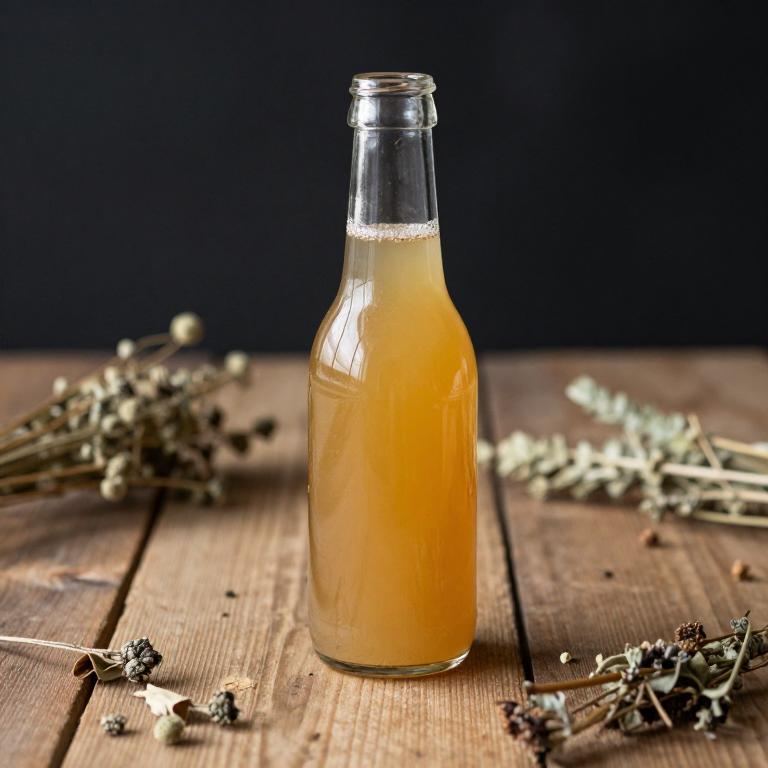
Eurycoma longifolia, also known as Tongkat Ali, is a traditional herbal remedy widely used in Southeast Asia for its potential to enhance male fertility.
This plant contains bioactive compounds such as alkaloids and quinones, which may support testosterone production and improve sperm quality. Studies suggest that Eurycoma longifolia juice can help increase sperm count and motility in men with low sperm count. Regular consumption of this herbal juice is believed to reduce stress and improve overall reproductive health.
However, it is important to consult a healthcare professional before using it, as it may interact with certain medications or have side effects in some individuals.
5. Ginger (Zingiber officinale)

Zingiber officinale, commonly known as ginger, has been traditionally used in herbal medicine for its potential health benefits, including its impact on reproductive health.
Some studies suggest that ginger may help improve sperm count and motility by enhancing blood circulation and reducing oxidative stress in the reproductive system. Herbal juices made from fresh ginger root are often consumed to support male fertility due to their antioxidant and anti-inflammatory properties. However, while preliminary research shows promise, more clinical trials are needed to confirm its efficacy for low sperm count.
It is advisable to consult a healthcare professional before using ginger-based remedies as part of a fertility treatment plan.
6. Velvet bean (Mucuna pruriens)
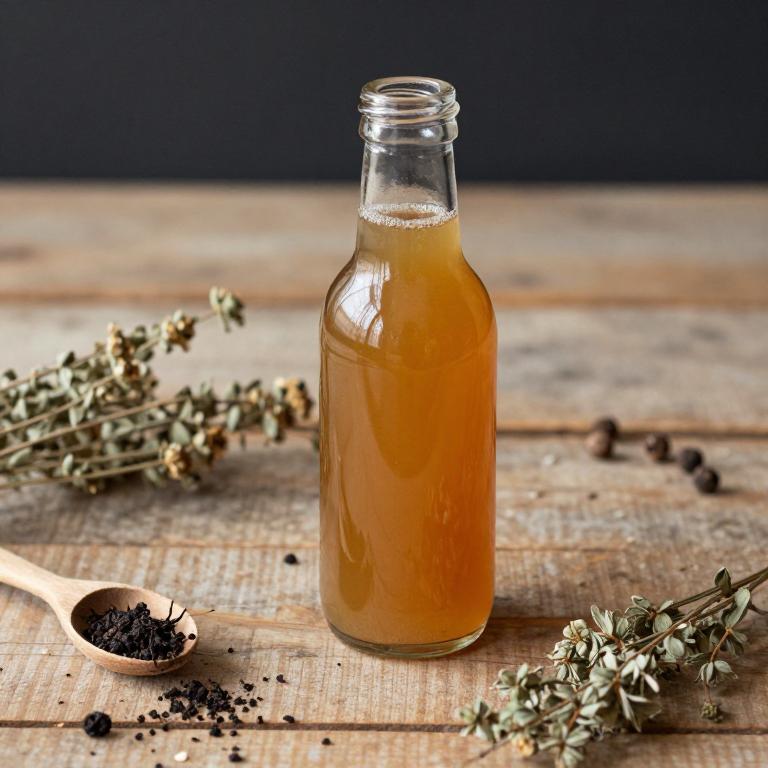
Mucuna pruriens, commonly known as velvet bean, is a traditional Ayurvedic herb that has been used for centuries to enhance fertility and improve sperm quality.
It contains high levels of L-dopa, a precursor to dopamine, which may help in increasing libido and supporting reproductive health. Some studies suggest that mucuna pruriens may help in increasing sperm count and motility by stimulating the production of testosterone and improving overall hormonal balance. Herbal juices made from mucuna pruriens are often consumed as a natural remedy for men with low sperm count, though they should be used under the guidance of a healthcare professional.
While preliminary research is promising, more clinical trials are needed to fully understand its efficacy and safety in treating infertility.
7. Chaste tree (Vitex agnus-castus)

Vitex agnus-castus, commonly known as chasteberry, has been traditionally used in herbal medicine to support hormonal balance and reproductive health.
Some studies suggest that vitex may help regulate luteinizing hormone (LH) and follicle-stimulating hormone (FSH), which can indirectly support sperm production in men. While there is limited direct evidence linking vitex to increased sperm count, its potential role in improving hormonal function may contribute to overall fertility health. Herbal juices made from vitex are often consumed to address irregular menstrual cycles in women, but their effects on male fertility are still being explored.
As with any herbal remedy, it is important to consult a healthcare provider before using vitex agnus-castus, especially for individuals with existing health conditions or those undergoing fertility treatments.
8. Barrenwort (Epimedium grandiflorum)
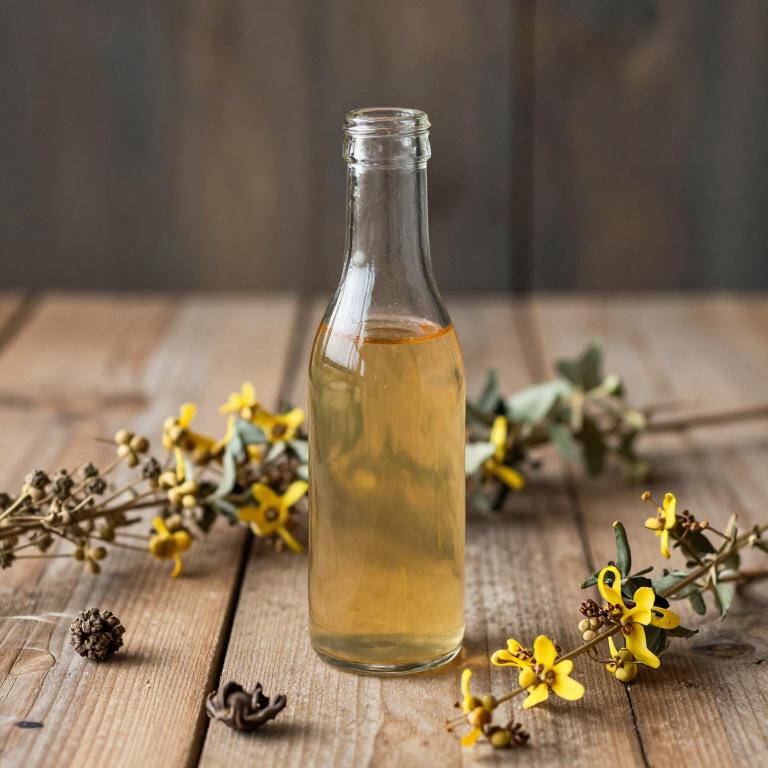
Epimedium grandiflorum, commonly known as barbatan or bishop's hat, has been traditionally used in herbal medicine for its potential to enhance male fertility.
The plant contains compounds such as icariin, which may support testosterone production and improve sperm quality. Some studies suggest that Epimedium grandiflorum herbal juices could help address low sperm count by improving overall reproductive health. These juices are often prepared by extracting the leaves and roots, which are rich in flavonoids and other bioactive substances.
While more research is needed, many herbal practitioners recommend Epimedium grandiflorum as a natural supplement for men experiencing fertility issues.
9. Moringa tree (Moringa oleifera)
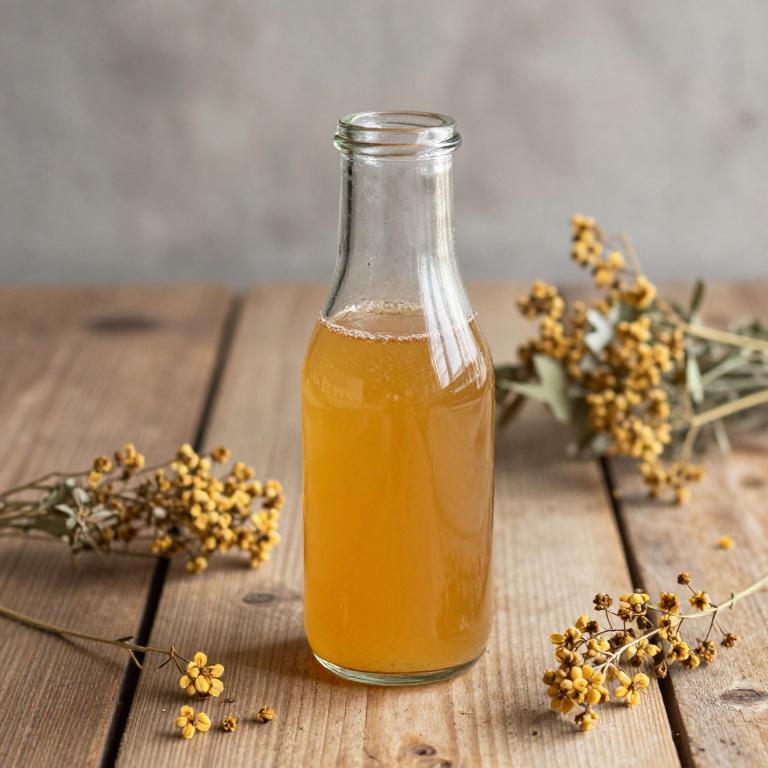
Moringa oleifera, often referred to as the "miracle tree," has gained attention for its potential health benefits, including its impact on male fertility.
Herbal juices derived from moringa leaves are rich in antioxidants, vitamins, and minerals that may support reproductive health. Studies suggest that moringa can enhance sperm count and motility by reducing oxidative stress and improving hormonal balance. The bioactive compounds in moringa, such as quercetin and chlorogenic acid, are believed to contribute to these fertility-enhancing effects.
While more research is needed, incorporating moringa herbal juice into a balanced diet may offer natural support for men with low sperm count.
10. Fennel (Foeniculum vulgare)

Foeniculum vulgare, commonly known as fennel, has been traditionally used in herbal medicine for its potential benefits on male reproductive health.
Fennel seeds and their essential oils contain compounds like anethole and estragole, which may support hormonal balance and improve sperm production. Some studies suggest that fennel juice can enhance sperm count and motility by stimulating the endocrine system and improving blood flow to the reproductive organs. When consumed as a herbal juice, fennel is often combined with other herbs like nettle and ashwagandha to maximize its fertility-enhancing effects.
However, it is important to consult a healthcare provider before using fennel juice, especially for individuals with existing medical conditions or those taking medications.